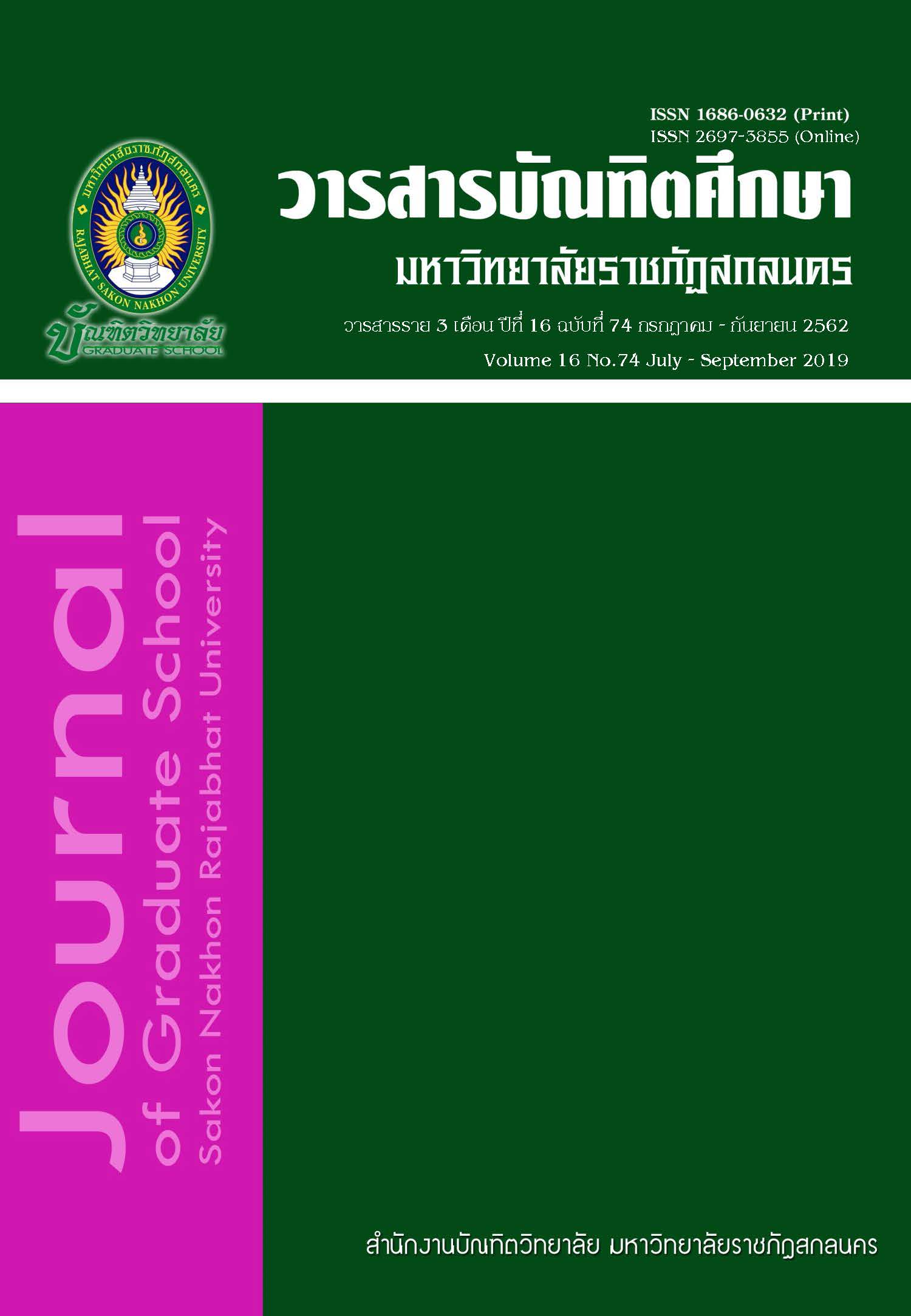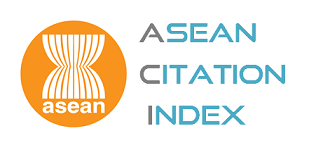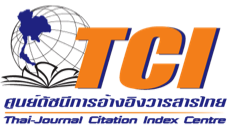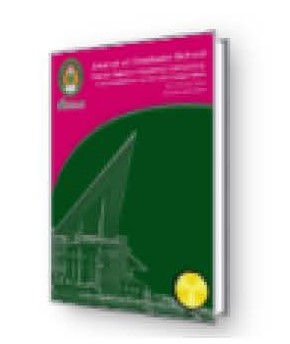บุคลิกภาพห้าองค์ประกอบ เชาว์อารมณ์ ความสามารถในการเผชิญและฟันฝ่าอุปสรรค และการรับรู้ความสำเร็จในอาชีพของพนักงานต้อนรับบนเครื่องบินสายการบินต่างชาติแห่งหนึ่ง
Keywords:
บุคลิกภาพห้าองค์ประกอบ, เชาว์อารมณ์, ความสามารถในการเผชิญและฟันฝ่าอุปสรรค, การรับรู้ความสำเร็จในอาชีพ, พนักงานต้อนรับบนเครื่องบินAbstract
This study aimed to investigate big five personality, emotional quotient, adversity quotient, and perceived career success of flight attendants in one airline. The sample of this study was 150 flight attendants in one airline. The research instruments were the questionnaires on big five personality, emotional quotient, adversity quotient, and perceived career success. Data were analyzed through statistics including Pearson Product Moment Correlation, and Stepwise Multiple Regression Analysis. The results of this study could be summarized as follows:
In terms of big five personality traits, extraversion was positively related to perceived career success, meanwhile neuroticism was negatively to perceived career success with a statistical significance level of .01 (r=.281 and r=-.141, respectively). However, openness to experience, agreeableness, and conscientiousness were not positively related to perceived career success.
Emotional Quotient factors including self-awareness, self-regulations, motivation, empathy, and social skill were related to perceived career success with statistical significance level of .01 (r=.642, r=.474, r=.305, r=.386, r=.552, and r=.658, respectively).
Adversity Quotient factors including reach and endurance were related to perceived career success with a statistical significance level of .01 (r=.324, r=.3333, and r=.549 , respectively). Control and ownership were not related to perceived career success.
Social skill (Emotional Quotient), endurance (Adversity Quotient), motivation (Emotional Quotient), agreeableness (Big Five Personality), neuroticism (Big Five Personality), reach (Adversity Quotient), openness to experience (Big Five Personality), self-awareness (Emotional Quotient), control (Adversity Quotient), and ownership (Adversity Quotient) could predict 78.8% variation in the perceived career success.
Downloads
Published
How to Cite
Issue
Section
License
บทความทุกบทความที่ตีพิมพ์ในวารสารบัณฑิตศึกษา มหาวิทยาลัยราชภัฏสกลนคร ถือว่าเป็นลิขสิทธิ์ของบัณฑิตวิทยาลัย มหาวิทยาลัยราชภัฏสกลนคร










